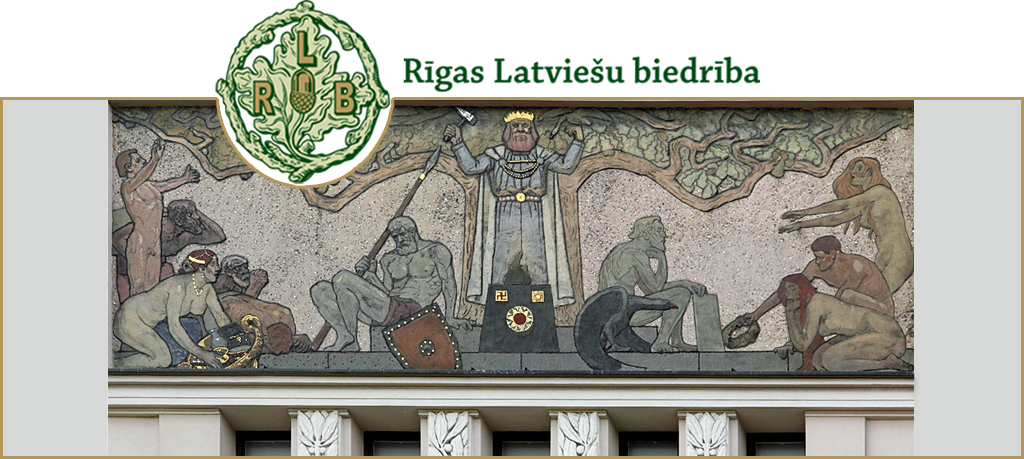
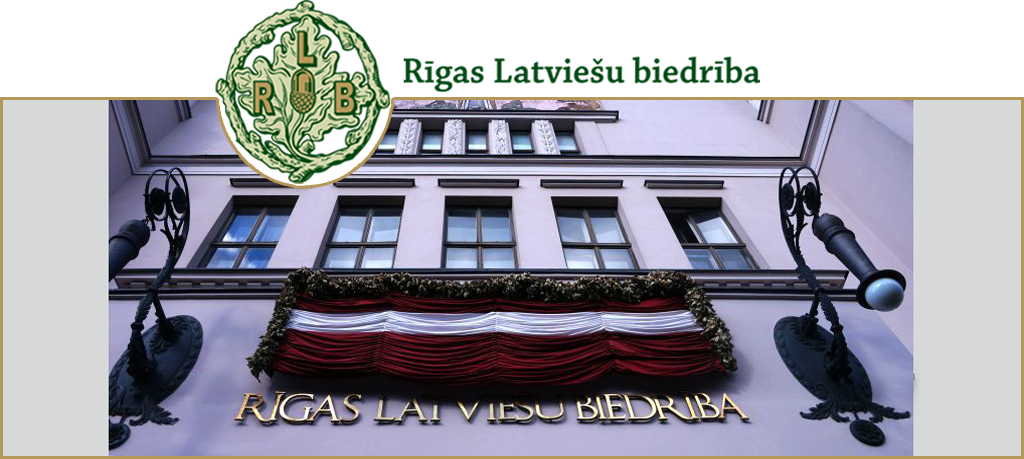
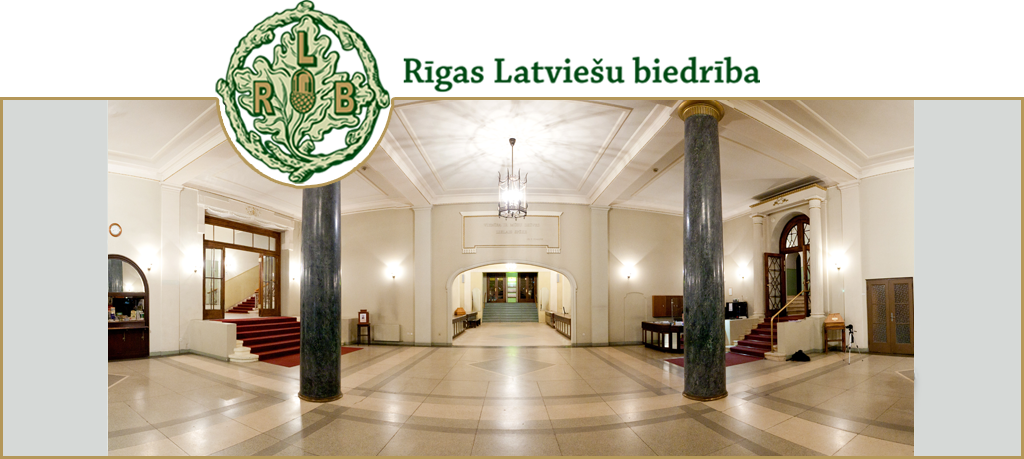
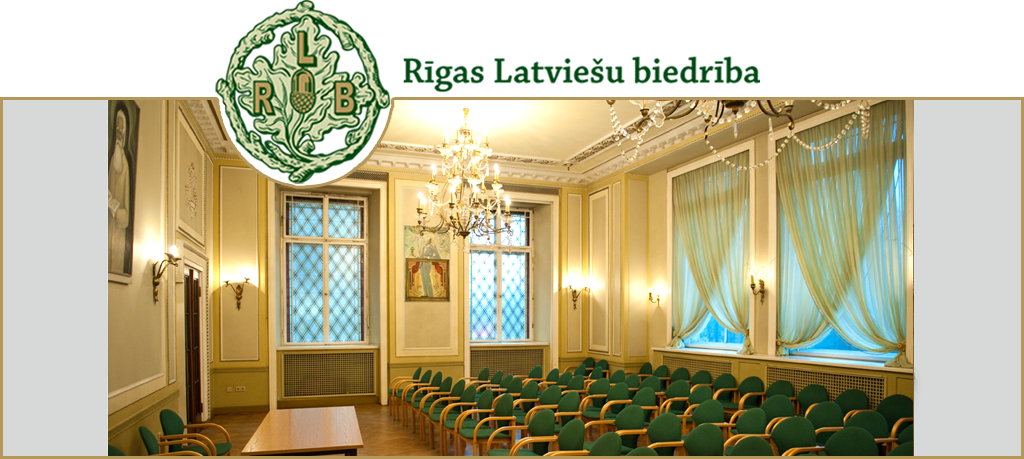
Indias culture evening in the intercultural integration club Culture-Charm
13.01.2015
On Tuesday, January 13, at 19.00 all the interesents are welcome to the Indias culture evening that will take place in the framework of the intercultural integration club Culture-Charm in the Voluntary House, Mūkusalas Street 72/ ring button TREPES/ 3d floor.
India is so different and mysterious, because its culture consists of 29 States and seven union territories, where people speak in countless languages. So different are also our recently got acquainted friends, students from India, who supplement their education in Latvia. Especially for this event, students are making the presentation about their native land India so different and mysterious! The participants of the evening will have opportunity to taste Indias food and to learn how to eat it corresponding to the Tamil culture that is one of Indias states. Tamils are an ethnic group that speaks in Tamil language. It is an official language in Indias State Tamil Nadu, as well as one of Indias classical languages. With more than 77 million users, it is one of the most widely spoken languages in the world.
During the evening we invite to sink in the sounds of Indias music, to enjoy stylized Indias dances and look into art of henna paintings. However, the most interesting will be to meet, get to know and speak with the students from India, who actively participate in the activities in Latvia. All are welcome, as the activities of the club are open and friendly!
Next clubs meeting will follow on January 20, when we will find out more about culture of Turkey.
The club Culture-Charm is the activity of the Riga Latvian Society project Unity is our strength (grant contract No. 2013.EEZ/PP/2/MIC/010/028) implemented by the Creative Union for Youth TREPES, where are invited representatives of minorities, non-citizens and non-governmental organisations.
More information:
ra.trepes@inbox.lv
Ramona Liepiņa, clubs leader
GSM: +371 28356548
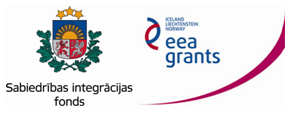
www.sif.lv
www.eeagrants.lv
www.eeagrants.org
Project is financially supported by Iceland, Liechtenstein and Norway.
This publication has been made with European Economic Area’s Financial Mechanism’s and State of Latvia financial support.
The Riga Latvian Society is responsible for the content of the publication.